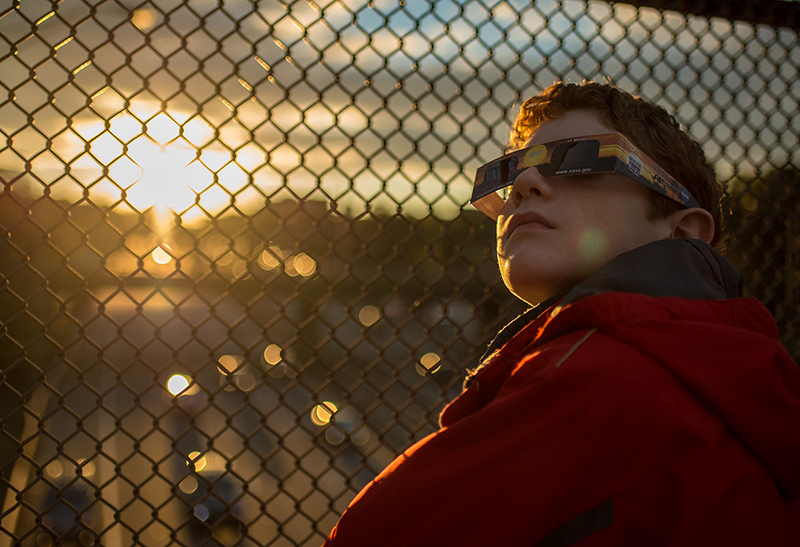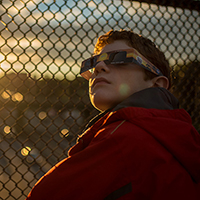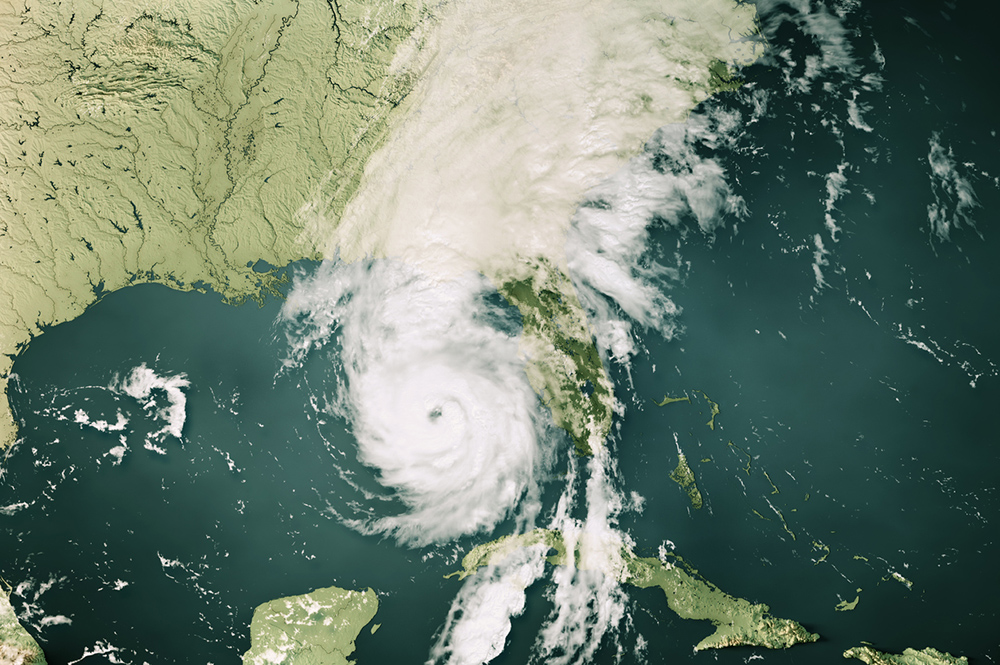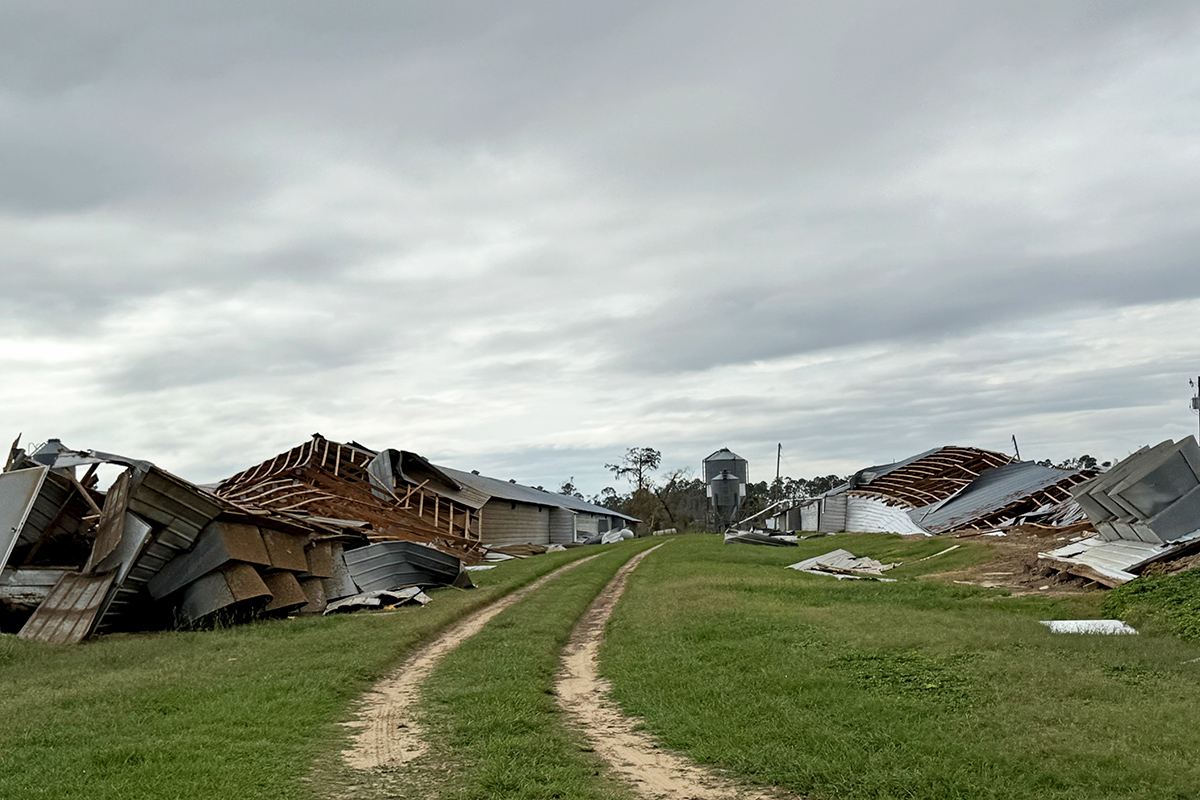On the afternoon of Aug. 21, Georgians will have the opportunity to share in the experience of seeing the summer afternoon sky darken as the moon’s shadow covers the sun, and they are excited.
It’s going to be quite a show, but it’s important that eclipse viewers don’t get so caught up in the hype that they abandon safety, said Pam Knox, University of Georgia Cooperative Extension agricultural climatologist.
It sounds obvious, but no one should look directly at the sun — even during the eclipse — without eclipse glasses from a reputable source, she said.
“Even at 99 percent coverage, the sun is so strong that it can do some real, permanent damage to your eyesight,” Knox said. “No one should look at the eclipse without glasses.”
Everyone in the continental United States will experience some level of solar eclipse on Aug. 21, but the total solar eclipse will be only visible in a wide swath stretching from Salem, Oregon, to Charleston, South Carolina.
Only viewers in the very northeast corner of Georgia will see the sun completely blocked by the moon’s shadow. The rest of the state will see an 87 to 99 percent eclipse between 1 and 4 p.m. No matter where viewers are in the state, it is not safe to look at the sun without eye protection.
Even occasional quick glances up at the sun can damage the eyes and cause burns to the retina — these cells at the back of the eye are responsible for processing light information. The damage, which appears as blurry spots in the field of vision, may be temporary, but very well could be permanent, according to NASA.gov.
Eclipse-viewing glasses or solar shields are necessary to prevent eye damage. Dark or polarized sunglasses will not protect your eyes.
“The eclipse glasses are so dark that if you put them on and look outside now, you wouldn’t be able to see anything,” Knox said. “If you can see anything through your eclipse glasses, they’re not strong enough.”
Consumers should only buy glasses from reputable dealers. Earlier this summer, NASA.gov posted a list of eclipse glasses manufacturers that they have certified as safe. That list is available at eclipse2017.nasa.gov/safety.
Consumers should be wary of noncertified glasses because there are a lot of fake eclipse-viewing classes out there this year, Knox said.
Consider joining a group viewing party at an area park or nature center. Many schools and parks departments around the state and across the country will host organized eclipse-watching parties where they will provide glasses, eclipse shields or other safe ways of viewing the eclipse.
Knox is helping to host UGA’s Eclipse Viewing Party at Sanford Stadium from 1 to 4 p.m. on Aug. 21. Sponsored by the UGA Athletic Association, UGA Atmospheric Sciences Program, Frankin College of Arts and Sciences and Department of Geography, the event includes disposable eclipse glasses that will be available for the crowd.
Another option for safely watching the eclipse includes building an eclipse projector out of wood or cardboard. “Pinhole viewers” allow people to safely watch the projection of the eclipse on a piece of paper or board. NASA.gov features directions for some of these viewers and there are many other project tutorials online as well.
For more information about eclipse safety and the path of the eclipse through Georgia, visit eclipse2017.nasa.gov/safety. For more information about weather and climate in Georgia, visit blog.extension.uga.edu/climate/.








